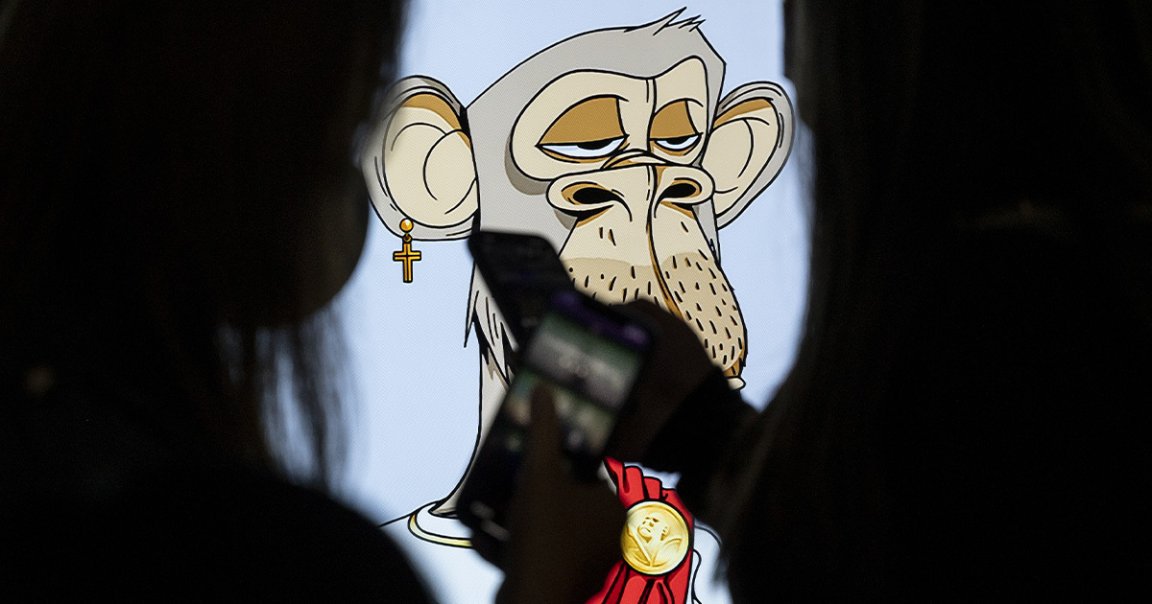
Not Nifty
Imagine you are an unknown visual artist at the beginning of your career. Eventually, you gain a reputation and your pieces start selling for more money, including paintings early in your career that garner higher prices in the resale or secondary art market.
Unfortunately, you don’t recoup anything from the resale in the form of royalties or residuals, unlike other artists such as musicians or screenwriters. As modern art legend Robert Rauschenberg once griped at an art collector: “I’ve been working my ass off for you to make that profit.”
NFTs were supposed to address that issue, with the option for artists to receive a percentage of profits in the initial sale and any subsequent resales in the secondary art market. Many platforms like OpenSea, one of the largest NFT marketplaces, guaranteed that policy, which attracted many artists to the tech.
But there has been a recent sea change, so to speak, with OpenSea competitors making the royalties optional. And now OpenSea, which once allowed artists to keep their pieces from being resold without royalties, has reversed course and is now making these fees optional as well.
In short? It feels like the abdication of a promise to small-time artists. As art news outlet Hyperallergic quipped, the “only good part of NFTs is being phased out.”
Broken Market
OpenSea claimed in a blog post that making the fees mandatory was not enforceable due to technical issues with its operator filter, which is software that made sure artists would not have their artwork sold without royalties.
“The majority of volume continues to move to zero creator fees, a trend we’ve seen build steadily throughout this year,” wrote CEO Devin Finzer.
Already, the move has garnered some pushback. Yuga Labs, the company behind Bored Ape Yacht Club, is basically cutting ties with OpenSea.
“For as much as NFTs have been about users truly owning their digital assets, they’ve also been about empowering creators,” Yuga Lab CEO Daniel Alegre wrote. “Yuga believes in protecting creator royalties so creators are properly compensated for their work.”
All this tumult comes as the NFT market overall faces serious headwinds, with newly minted collections and older works not selling like they were previously. Maybe people are distracted by AI hype, or have finally wised up to the idea that owning a JPEG, which can be saved with a click, doesn’t have the same ROI as owning a physical piece of art.
But however it shakes out, it’s sad that an actual tangible benefit to artists is being phased out across large parts of the NFT sector. And for any smart artist, the big question must be asked: what’s the whole point of this technology now?
More on NFTs: NFT Bro Laments That Nobody Is Buying Expensive JPGs Anymore